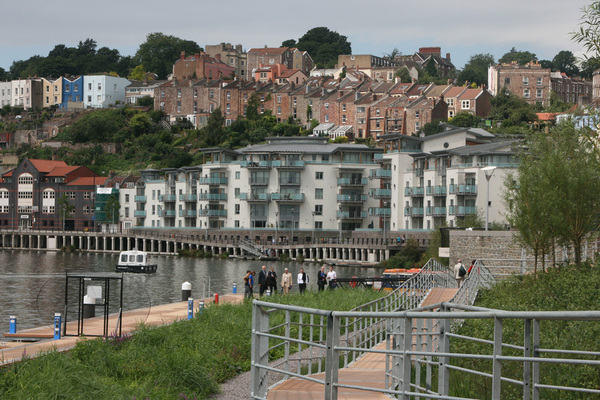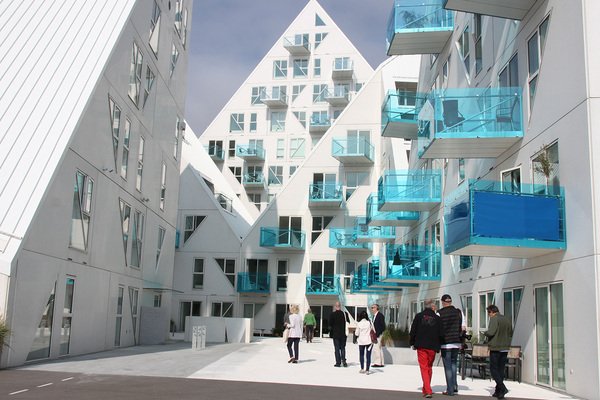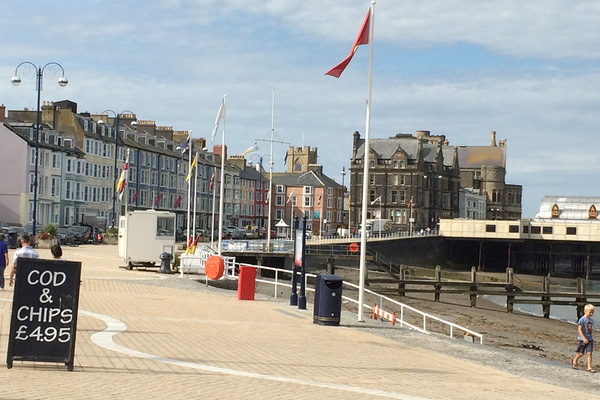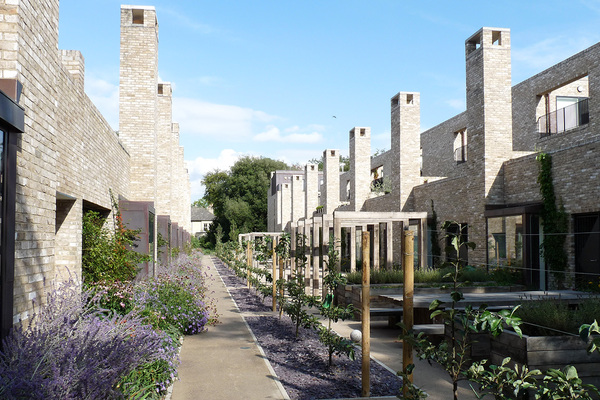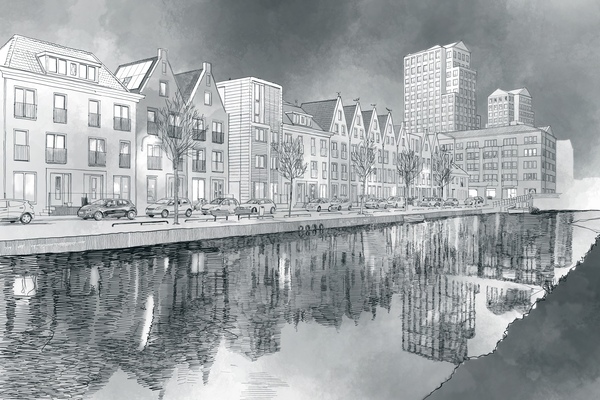Candidate: Bristol
Location: England, UK
Category: The Great City Award
Year: 2009
Other Finalists in this category: Manchester, England and NewcastleGateshead, England
Bristol has a long tradition of partnership working which today has a strong focus on the creation of a sustainable, safe, healthy, prosperous and inclusive environment. From the Merchant Venturers who laid the economic foundations of Bristol as a port and trading city to the current arrangements, the City adopts a collaborative approach to the development and management of the city that appears to work well and is rebuilding trust in the City Council. It is perhaps inevitable however that such an approach makes achieving strong leadership and vision for the city more difficult.
Bristol’s unique and distinctive sense of place is rooted in the interaction between the manmade and natural environment. The drama of the Avon Gorge tamed by Brunel’s iconic suspension bridge, and the historic floating harbour and river which lie at the heart of the City help define Bristol for residents and visitors as a port city. Moving away from the harbour, a dense and diverse physical and cultural environment is revealed, with elements from medieval, Georgian, industrial and modern times contained within a compact core and inner city. For the suburban Bristol there is a strong relationship with the underlying topography of the city and its surrounding countryside. This is another element in the city’s distinctiveness which is enriched by a culturally diverse programme of events, festivals and happenings.
Bristol’s success as a city is substantially due to its ability to attract and retain people, particularly young people with high levels of educational attainment. This is due, not just to the economic opportunity which the city offers, but is substantially related to its high quality of life. Bristol is a vibrant and cosmopolitan European city – its international profile reflects a rich fusion of cultural heritage, surrounding natural beauty and a bustling mix of communities. Importantly, Bristol’s residents feel relatively safe by comparison with other cities.
Bristol has a strong city-region economy built upon a highly skilled workforce, dynamic business sectors, world-class R&D and excellent universities. Bristol’s Green Capital credentials, vibrant culture, superb quality of life and good transport links all underpin Bristol’s status as a highly competitive location both nationally and internationally. Its key elements include:
- a high quality premises offering with substantial investment in retail and business floorspace;
- a dynamic and highly skilled workforce, which continues to display strength in terms of its size, occupational mix and levels of qualification – the greatest proportion of highly qualified workers of any comparable English city outside of London;
- a long tradition of scientific discovery, innovation and creativity, stretching from Brunel to Concorde and the A380, to the BBC and Aardman Animations – in 2005, the Chancellor of the Exchequer conferred the title of “Science City” on Bristol; and
- strategic road and rail connections, a growing regional airport and successful commercial port.
Bristol has a strong reputation as a ‘green’ city based on the quality of its open space, the commitment of residents to greener lifestyles and the expertise of the many leading environmental organisations based in Bristol: the Soil Association, BBC Natural History Unit, Sustrans, the Community Recycling Network, the Environment Agency and many more. Building on this already high level of environmental awareness and practice the City is developing an over-arching campaign: ‘Bristol Green Capital: a low carbon city with a high quality of life’.
Residents are also encouraged to become involved in strategic land-use and transport planning decisions, ensuring changes to the physical infrastructure of the city, facilitating people’s desire to lead less environmentally damaging lives. There appears to be a real commitment at both strategic and neighbourhood level to sustainable development and action on the ground.
Bristol is a long-established harbour city and its setting and historical development is responsible for much of its charm, interest and quality of life. Transport and access is necessarily constrained by its geography and history. Nevertheless, good transport networks have been developed to serve the needs of the city in a sustainable way and without, in most areas, dominating the environment. Recent development has focused on mixed use, providing for sustainable mobility and managing travel demand, with provision of public spaces, shared uses and restrictions on motor traffic access. The designation of Bristol as ‘Cycling City’ demonstrates a determination to break from over reliance on the car.
Bristol is at the forefront of a great many initiatives aimed at positioning the city as a sustainable 21st Century city. This dynamism combined with the economic opportunity and quality of life which it offers makes it a strong candidate for European City of the year.

